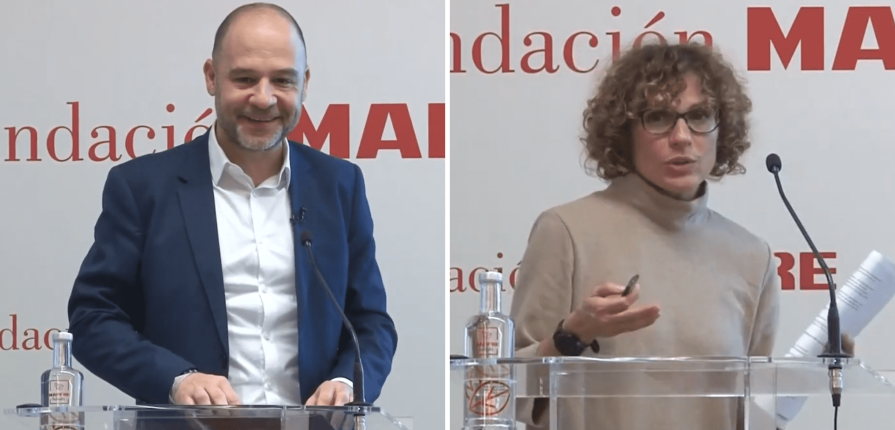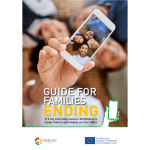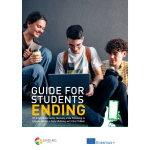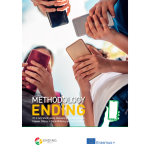Synthesis of the intervention of Javier Bravo and Alicia Rodríguez, MAPFRE Foundation, ENDING Project, during the ENDING Project Day “Digital health and safety against school dropout”.
The “ENDING” project is an initiative led by Fundación MAPFRE with the collaboration of the National Police and PantallasAmigas in Spain, Siftung Digitale Chancen in Germany, and the CEI – Center for Intercultural Studies of the ISCAP of the Polytechnic of Porto in Portugal. That aims to tackle the problem of school dropout through the promotion of the responsible use of information and communication technologies (ICT). The digital divide can be an obstacle for many families with limited resources, which can make these families and their children more vulnerable to the dangers that arise from the use of ICTs. This project focuses on addressing this digital divide and aims to prevent school dropout and promote healthy ICT use by students.
The project is based on three key aspects that influence school dropout: the source of information, communication and leisure. Most teenagers use only one source of information, such as social media or recommendations from friends, rather than more trusted sources. Moreover, ICTs are the main channel of communication among young people, regardless of the physical distance between them. Finally, ICTs are also used as a hub for shared entertainment, so it is important to encourage responsible use in this area.
The «Controla tu red» programme is the germ of this collaboration between the National Police and the MAPFRE Foundation. The involvement of three additional partners, such as PantallasAmigas, enriches the project and gives meaning to its objective of promoting the responsible use of ICT and preventing school dropout. PantallasAmigas is an institution with a strong presence throughout Spain and is a reference in methodologies for the responsible use of ICTs by young people.
The training project on the healthy use of ICTs for young people is based on the United Nations Convention on the Rights of the Child and counts with the collaboration of German partners and the National Police Consortium. The idea is to provide students with the necessary tools to use ICTs in a healthy and responsible way, while involving families in the learning process.
The project aims to reduce school dropout rates and improve the use of ICT by young people, especially those from poorer families who are at risk of being affected by the digital divide. The digital divide can have a negative impact on young people’s lives and safety, so it is important to address this problem through an educational approach.
Students are trained on healthy ICT and internet use, cyberbullying and safety, health and wellbeing, misinformation and critical thinking, and the Convention on the Rights of the Child. Each of these topics has been addressed by the partners and a comprehensive and accessible guide has been produced for students and their families. In addition, students also actively participate in the creation of content and guides, and present this information to their families.
The project also aims to foster positive relationships between young people online and teach them to identify reliable sources of information and to think critically. The idea is for young people to be autonomous in their learning and to have the necessary skills to evaluate the information they receive online.
In short, this project aims to improve young people’s use of ICTs and provide them with the necessary tools to use new technologies responsibly and safely. By involving families in this learning process, it is expected to have a positive impact on young people’s lives and on the digital divide in general.








